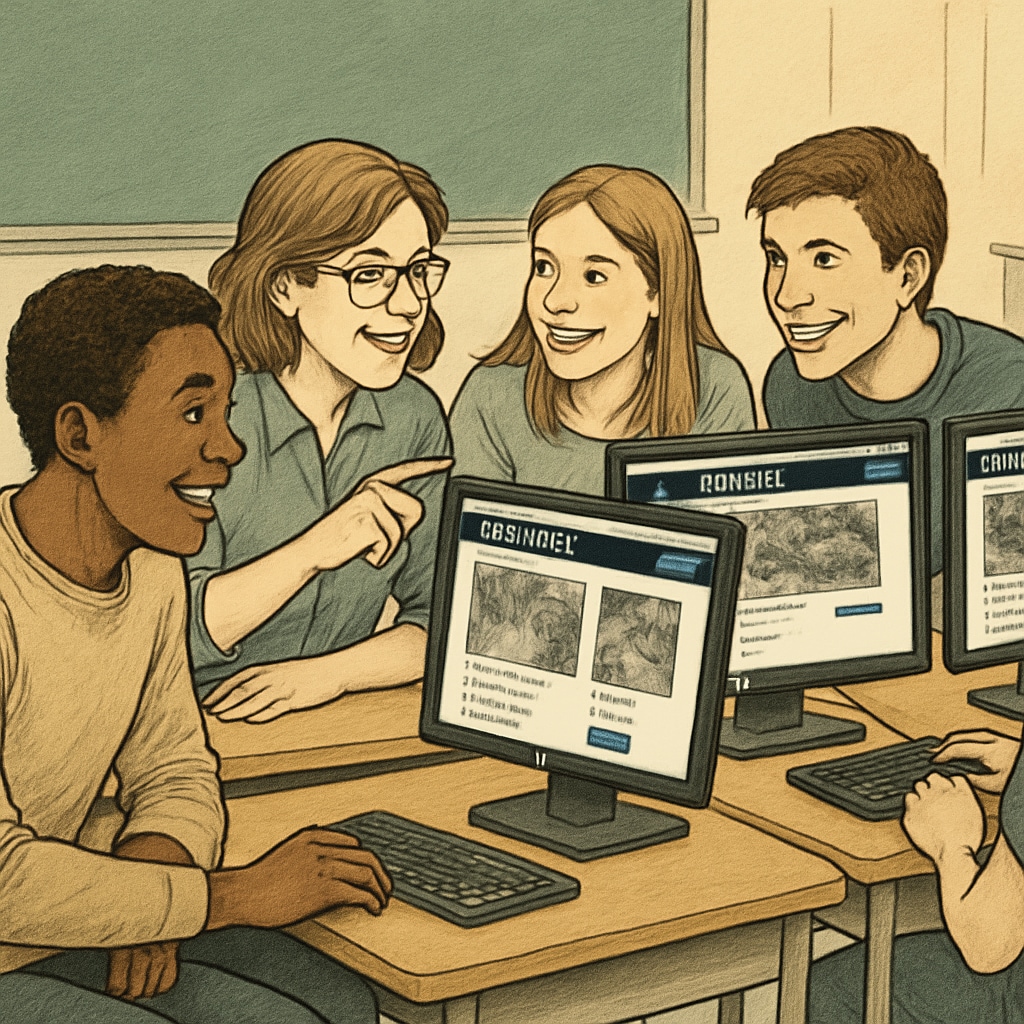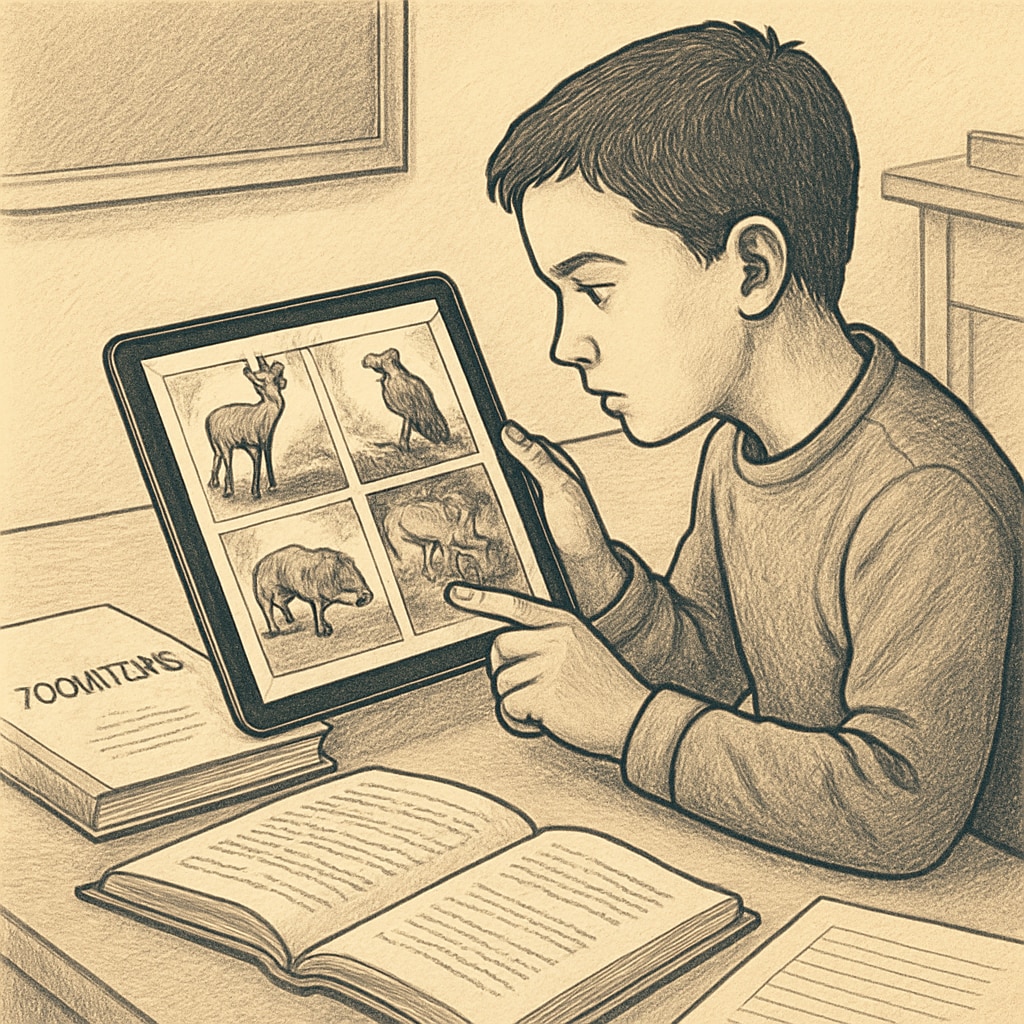Citizen science projects, Zooniverse, and hands-on science education are revolutionizing how K12 students learn and engage with the scientific community. Zooniverse, the world’s largest platform for citizen science, offers a gateway for students to transcend traditional classroom learning. By involving them in real-world research projects, this platform empowers students to contribute to scientific endeavors while nurturing their curiosity and critical thinking skills.
What is Zooniverse and Why is it Important for Education?
Zooniverse is a global platform that connects professional researchers with volunteers from all walks of life. Through its projects, users can analyze data, classify images, or even transcribe historical documents. For K12 students, this platform provides an opportunity to experience authentic scientific processes and make tangible contributions to research.
One of Zooniverse’s strengths lies in the diversity of its projects. From tracking wildlife populations to studying distant galaxies, the platform offers topics that align with students’ interests and academic standards. This variety makes it an invaluable tool for educators seeking to foster engagement and real-world relevance in their science curricula.

Integrating Zooniverse into the K12 Classroom
Integrating Zooniverse into K12 education requires thoughtful planning to maximize its impact. Teachers can begin by selecting projects that align with their curriculum objectives. For instance, a biology class might explore projects related to animal behavior, while an astronomy class could classify celestial objects.
Here are some actionable steps for integration:
- Introduce the Concept of Citizen Science: Begin by explaining how ordinary people contribute to scientific research through platforms like Zooniverse.
- Choose Age-Appropriate Projects: Select projects that match the students’ comprehension levels and interests.
- Guide Initial Participation: Demonstrate how to navigate the platform and contribute to a project.
- Incorporate Group Work: Encourage collaboration by assigning students to small groups to tackle tasks together.
- Reflect and Discuss: Conclude with a discussion on their findings and the broader impact of their contributions.
By following these steps, educators can transform their classrooms into hubs of discovery and innovation.
Benefits of Citizen Science for K12 Students
The benefits of engaging students in citizen science projects extend beyond academic achievement. These experiences can ignite a lifelong passion for science and inspire students to pursue STEM (Science, Technology, Engineering, and Mathematics) careers. Below are some key advantages:
- Enhanced Scientific Literacy: Students gain a deeper understanding of scientific methods and data analysis.
- Critical Thinking Skills: Analyzing real data fosters problem-solving and decision-making abilities.
- Global Collaboration: Zooniverse connects young learners with a global community of researchers and volunteers.
- Empowerment: Students feel a sense of accomplishment knowing their work contributes to real-world discoveries.
For example, projects like Galaxy Zoo allow students to classify galaxies, contributing to astrophysics research, while initiatives like conservation studies help monitor endangered species. These activities provide students with a unique perspective on the interconnectedness of science and society.

The Future of Citizen Science in Education
As technology continues to evolve, the potential for citizen science in education expands. Platforms like Zooniverse are not just tools for learning; they are bridges connecting classrooms to the wider world of scientific discovery. By fostering curiosity and collaboration, they prepare students to become informed, engaged global citizens.
In conclusion, incorporating Zooniverse into K12 education is more than an innovative teaching strategy—it’s a transformative experience for students. By participating in citizen science projects, young learners can transition from passive consumers of knowledge to active contributors to the scientific community. The skills and perspectives they gain will serve them well, both in and beyond the classroom.
So why wait? Start exploring Zooniverse with your students today and unlock the potential of citizen science in shaping the next generation of researchers and innovators.


